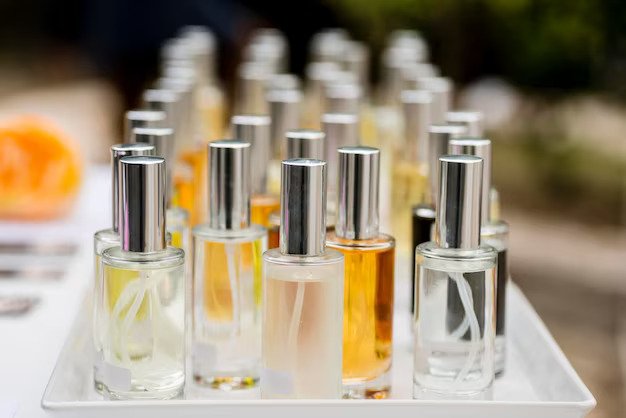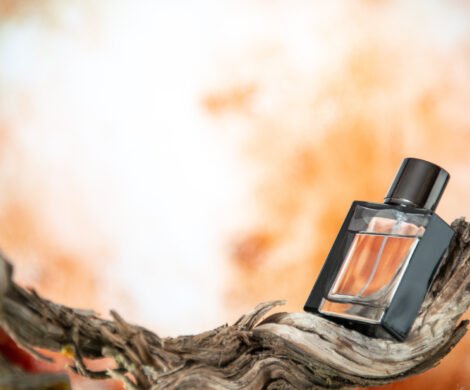How do non-alcoholic perfumes affect the fragrance of the perfume?

However, traditional alcoholic perfumes can be harsh on the skin and potentially cause irritation or allergic reactions. This has led to the development of non-alcoholic perfumes, which use alternative solvents to carry the fragrance molecules. But how do these non-alcoholic perfumes affect the fragrance of the perfume?
One of the main differences between non-alcoholic perfumes and traditional alcoholic perfumes is the solvent used to carry the fragrance. Alcohol is a volatile solvent, which means it evaporates quickly and can carry the fragrance molecules into the air. This is why traditional perfumes tend to have a strong and long-lasting scent.
In contrast, non-alcoholic perfumes use alternative solvents such as water or oil to carry the fragrance. These solvents are not as volatile as alcohol, which means they evaporate more slowly and do not carry the fragrance molecules into the air as effectively. As a result, non-alcoholic perfumes tend to have a softer and more subtle scent compared to traditional perfumes.
However, the use of alternative solvents in non-alcoholic perfumes does not necessarily mean that the fragrance is weaker or less long-lasting. Non-alcoholic perfumes can still have a strong and long-lasting scent, depending on the formulation and the concentration of fragrance molecules. In fact, some non-alcoholic perfumes may even have a more complex scent profile compared to traditional perfumes, as the alternative solvents can interact differently with the fragrance molecules and create unique scent combinations.
Another factor that can affect the fragrance of non-alcoholic perfumes is the use of natural and organic ingredients. Many non-alcoholic perfumes are made with essential oils and botanical extracts, which can provide a more nuanced and complex scent compared to synthetic fragrances. Natural ingredients can also react differently with the alternative solvents used in non-alcoholic perfumes, which can further enhance the fragrance.
It’s important to note that the use of natural ingredients can also make the fragrance more prone to change over time. Natural ingredients can be affected by external factors such as heat and light, which can cause the scent to evolve or even degrade over time. Therefore, it’s important to store non-alcoholic perfumes properly and use them within their recommended shelf life to ensure that the fragrance stays consistent.
One advantage of non-alcoholic perfumes is that they can be more versatile and adaptable to different occasions and settings. The soft and subtle scent of non-alcoholic perfumes can make them more appropriate for daytime wear or work environments, where strong or overpowering scents may not be appropriate. Additionally, the use of natural and organic ingredients can make non-alcoholic perfumes more suitable for sensitive skin or individuals who prefer to use natural products.
Non-alcoholic perfumes can also be more eco-friendly compared to traditional perfumes. Alcohol is a volatile organic compound (VOC) and can contribute to air pollution and greenhouse gas emissions. By using alternative solvents, non-alcoholic perfumes can reduce the environmental impact of perfume production and make them a more sustainable choice.
Additionally, non-alcoholic perfumes can be more expensive compared to traditional perfumes due to the use of natural and organic ingredients and alternative solvents.
Non-alcoholic perfumes can still have a strong and long-lasting scent depending on the formulation and concentration of fragrance molecules. Additionally, the use of natural and organic ingredients can provide a more complex and nuanced scent, but may also be more prone to change over time. Non-alcoholic perfumes can be a versatile and eco-friendly option for individuals who prefer a more subtle fragrance or have sensitive skin. However, they may not be as widely available or accessible as traditional perfumes and can be more expensive. Ultimately, the choice of perfume comes down to personal preference and individual needs.





